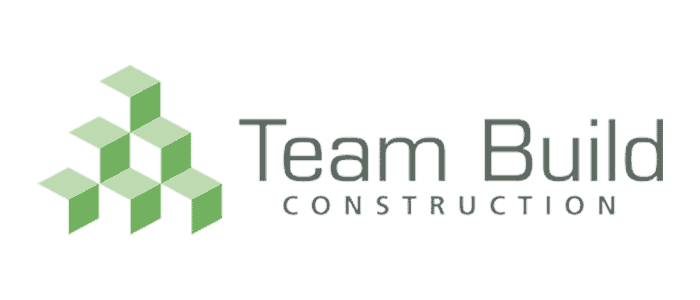For people looking to self build their next home, residential construction loans are one way to fund the cost of the work. Also known as a self-build loan, they are short-term loans that cover the cost of building new, private, homes before a mortgage can be taken out.
Who Can Apply for A Construction Loan?
Construction loans are issued to individuals looking to build their own home as opposed to a builder or construction company. As they’re issued by banks, building societies, and other lenders, eligibility is based on an individual’s ability to prove their creditworthiness.
Each lender will have different criteria the borrower will need to meet and, as a self-build loan is much riskier than a traditional mortgage, these criteria can be quite strict. It’s a good idea, therefore, to speak to your lender before beginning any work. In general, they will want to see:
- That you are working with a qualified builder or construction company: This builder will need to be a licensed general contractor who can evidence the quality of their work. Unless you have experience in managing building projects, you’re unlikely to get approved without a qualified builder on board.
- Detailed plans of your new home: These plans will need to professionally drawn up and to scale. They will need to include the materials that will be used and details on every element of the build, e.g. the size of rooms, the height of ceilings, and how the home will be insulated.
- An evaluation of how much your new home will be worth: While it isn’t easy to say precisely how much a new build project will be worth when it’s completed, an appraiser can give you a good idea based on the plans and a comparison of other homes built to the same/a similar specification and location.
- How much money you can put towards your new build construction project: Just like with a mortgage, lenders want to see you put down a deposit on your new home. Unlike a mortgage, they will want to see a much larger percentage of the overall cost of building this home; in general, this will be anywhere between 20% – 25%.
- How you will pay your mortgage: Once the construction is complete, if you need a mortgage to continue covering the costs of the home, you will need to prove you can afford this. This will mean providing the lender with proof of income and, potentially, another down payment.
How Are Construction Loans Paid?
Construction loans are paid to a schedule based on when your builder will be completing each stage of the build. These payments are generally known as draws because the builder is drawing down funds. These will be used to cover the cost of supplies and workers. The lender will often ask to see proof the work has been done before release the next tranche of funds. How often these draws are made are agreed between the builder, buyer and lender.
How Are Construction Loans Repaid?

As with other loans, borrowers make regular repayments (generally monthly) until the loan is repaid and interest is charged on the loan. Unlike mortgages, these interest rates are usually variable rates as opposed to fixed. Interest is only charged on money when it is drawn down.
Are There Any Risks to Construction Loans?
While construction loans are a great way to finance the building of a new, private, home, they aren’t without their risks. These include:
- The work not being completed to time or to budget: the risk here is that you will have to make the final payment on the loan at the same time you need the money to pay for any outstanding work. In these cases, lenders may extend your repayment terms, though this will probably have additional costs attached.
- Your new home isn’t worth as much as you thought: the risk here is if you need to take out a mortgage to cover the full cost of construction; you may not be able to lend enough to cover these costs.
- You can’t get approved for a mortgage: the risk here is that you won’t be able to buy the house you have spent money building. Instead, you will need to sell it on, or your lender could claim ownership.
All of these risks need to be considered. However, working with a good construction company can help mitigate them, meaning you could have the self build home of your dreams.

